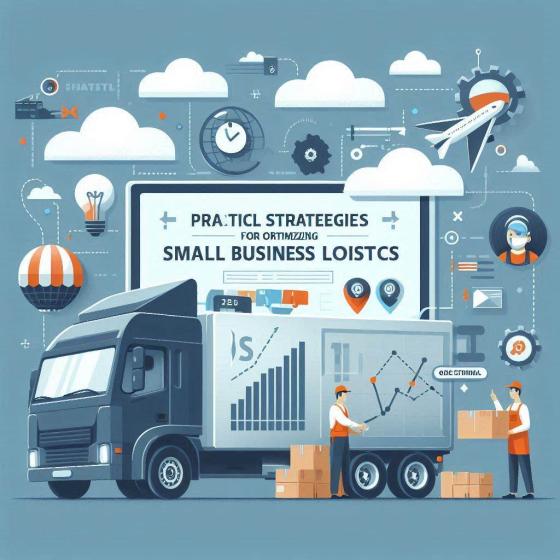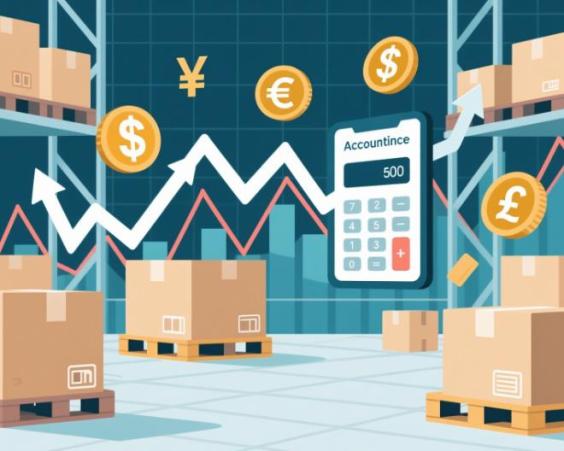Practical Strategies to Optimize Logistics in Small Businesses
Logistics plays a crucial role in the operational and financial success of small businesses. Efficiency in managing suppliers and product delivery not only ensures that customers receive what they expect on time, but also helps to keep operational costs under control. Here are some practical strategies that can help you optimize the logistics of your business.

1. Establish Solid Relationships with Suppliers A good relationship with your suppliers is essential to ensure the availability and quality of the products you need. Negotiate conditions that benefit both parties, such as volume discounts or flexible payment terms. Additionally, having reliable suppliers reduces the risk of disruptions in the supply chain, which is vital for small businesses with tight inventories.
2. Implement an Inventory Management System Using inventory management software, such as Inventarios1A, will allow you to have a more precise control over your stock, avoiding both overstocking and stockouts. This is especially important for small businesses, where storage space and capital are limited. A good inventory management system also helps you identify high-rotation products and plan your purchases better.
3. Optimize Storage and Order Preparation Organize your warehouse so that the most sold or in-demand products are accessible and close to the shipping areas. This reduces the time it takes to prepare orders and, therefore, improves delivery efficiency. Additionally, implementing techniques like cross-docking can help reduce storage times and speed up the shipping process.
4. Plan and Rationalize Delivery Routes If you make deliveries, it's essential to plan routes to minimize miles traveled and transit time. Use route planning tools to optimize the route of delivery vehicles, which will allow you to save on fuel and reduce delivery times.
5. Automate Logistics Processes Automation is a powerful tool for small businesses. From automatically generating purchase orders to real-time tracking of shipments, automation can reduce manual workload and minimize errors. This not only increases efficiency but also allows your team to focus on more strategic tasks.
Optimizing logistics in a small business doesn't require large investments, but rather intelligent and strategic management. By improving relationships with suppliers, implementing a good inventory management system, and optimizing both storage and delivery routes, you can keep costs low and improve customer service. Remember that every small improvement in logistics can have a significant impact on the profitability and sustainability of your business.





